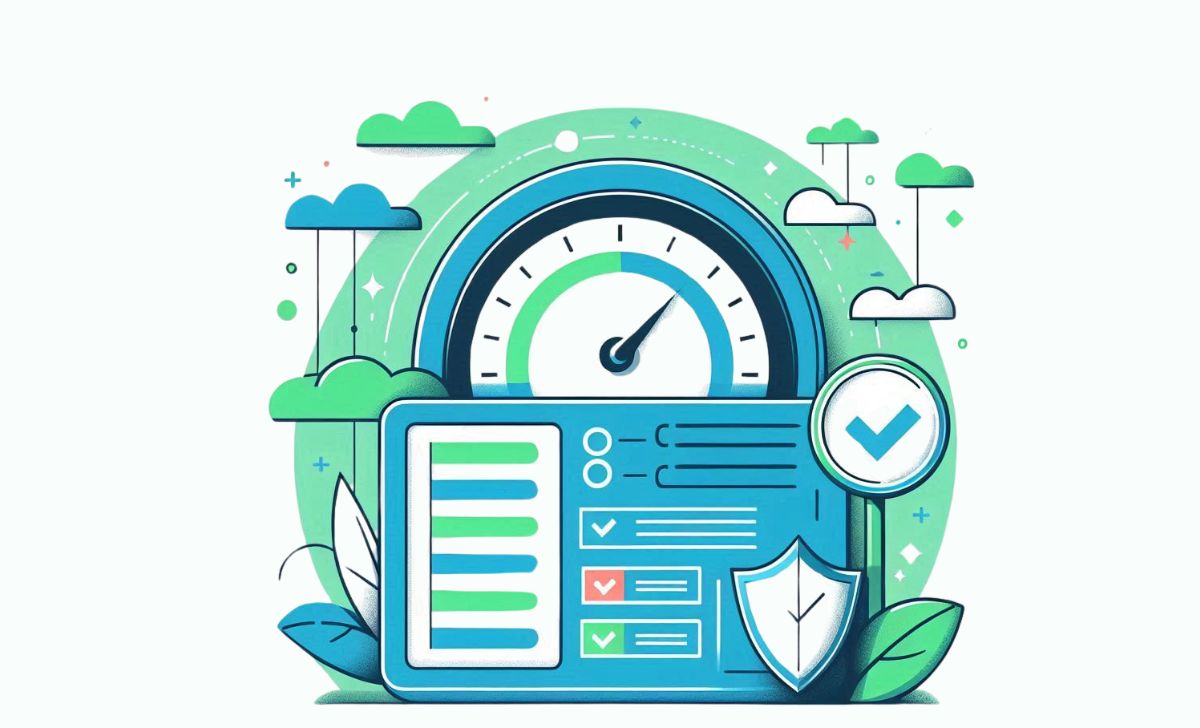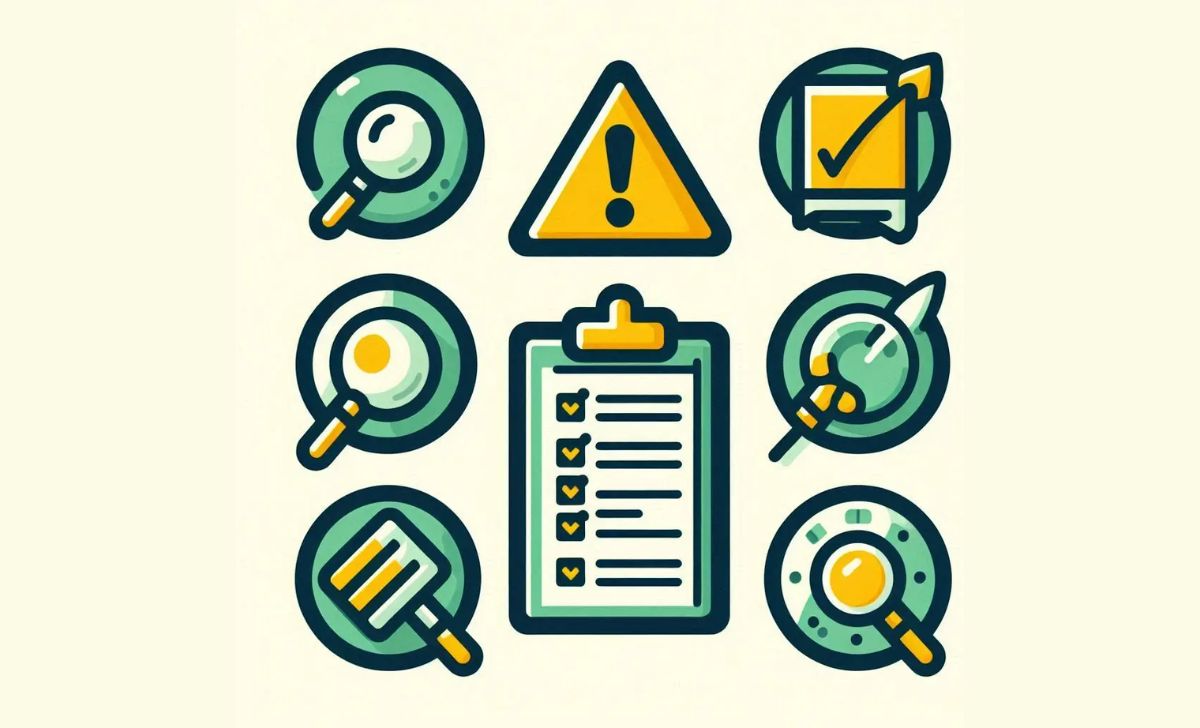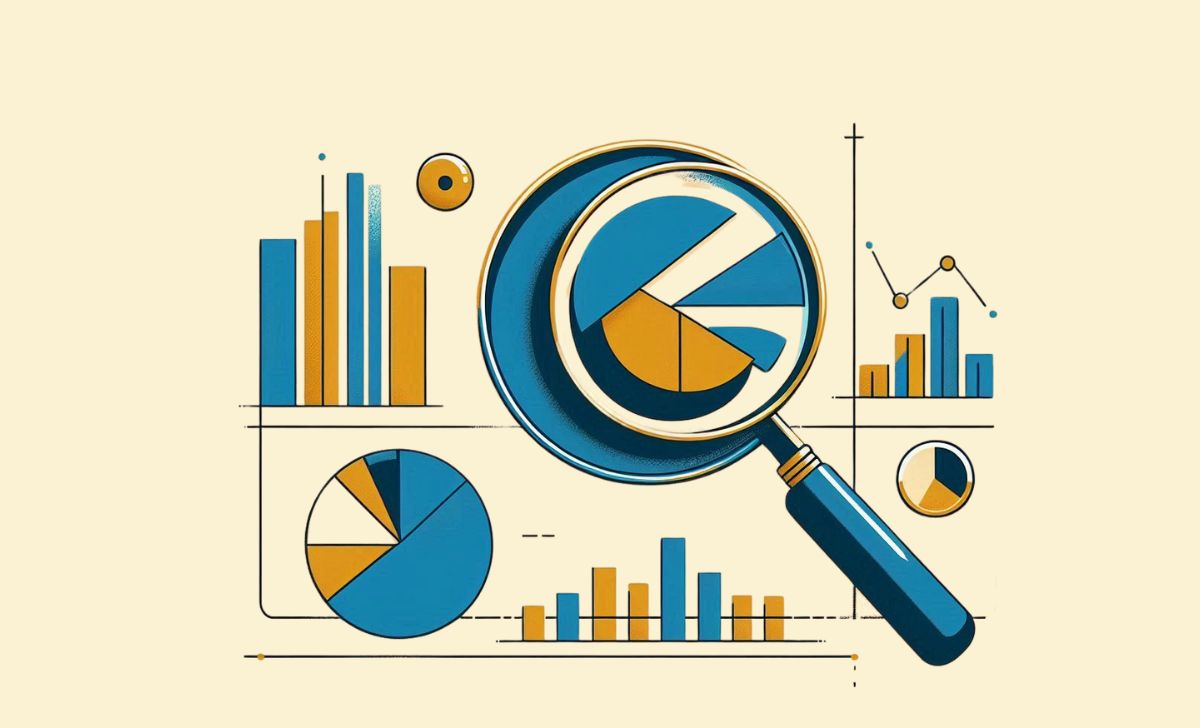Audit score is a metric that measures the safety and quality of a blockchain project, smart contract, or DeFi platform based on the results of security audits. The audit score is determined by multiple factors such as the number of vulnerabilities, their severity, remediation speed, transparency, audit process, and the reputation of the auditing firm, helping investors identify risks and make more informed decisions.
This article provides an overview of audit scores, analyzes the key influencing factors, guides you on how to read and evaluate audit scores, and shares best practices to optimize project security. If you want to better understand the significance and role of audit scores in blockchain investment, don’t miss the in-depth analysis from TOPCOIN9 below.
Overview of Audit Score

An audit score is a quantitative or qualitative measure used to assess the effectiveness, risk level, and quality of an organization’s processes or controls during an audit (MIT, 2025; Wikipedia, 2006). Audit scores help stakeholders quickly understand whether processes are effective, need improvement, or are unsatisfactory, based on aggregate risk and audit findings (MIT, 2025).
Typically, the audit score is determined after evaluating key factors such as process compliance, risk exposure, and audit findings, and is presented in the audit report alongside recommendations for improvement (MIT, 2025; Wikipedia, 2006). This scoring system provides a clear, objective basis for management to prioritize corrective actions and track progress over time (Wikipedia, 2006).
With the explosive growth of nft projects audit scores have become a crucial reference for investors to assess the security and reliability of digital assets and platforms before making investment decisions.
Now that you have a general understanding of what an audit score is and why it matters, let’s take a closer look at the key factors that can influence this score.
Key Factors Affecting Audit Score

Audit score is influenced by a combination of human, technical, and contextual factors that determine the quality and effectiveness of the audit process (Journal of Technology and Science Education, 2023; AAUP, 2024; UPI Indonesia, 2023).
- Auditor competence and independence: Highly skilled, ethical, and independent auditors are more likely to detect and report material errors, directly improving audit quality and scores (AAUP, 2024; UPI Indonesia, 2023; Pangaribuan, 2024).
- Audit procedures and risk assessment: The use of systematic, risk-based audit planning, adherence to standards, and effective fraud risk assessment are critical for accurate and reliable audit outcomes (Indiana.gov, 2025; AAUP, 2024).
- Firm characteristics and resources: The size of the audit firm, quality of audit staff, access to technology, and internal controls all impact audit effectiveness and scoring (UPI Indonesia, 2023; Pangaribuan, 2024).
- Technological innovation: Integration of data analytics, IT audit tools, and automation enhances audit accuracy, efficiency, and the ability to identify risks (Pangaribuan, 2024; Joshi, University of Pittsburgh, 2020).
- Regulatory and environmental context: Compliance with legal frameworks, professional standards, and organizational culture also play a significant role in shaping audit quality and the resulting score (Journal of Technology and Science Education, 2023; AAUP, 2024).
These factors collectively determine the audit score, providing a comprehensive measure of audit quality and organizational risk management (AAUP, 2024; Journal of Technology and Science Education, 2023; Pangaribuan, 2024).
After identifying the main factors, it’s important to explore the different methods used to analyze and interpret audit scores effectively.
Audit Score Analysis Methods

Audit score analysis uses both quantitative and qualitative methods to evaluate the effectiveness and risk level of organizational processes (European Court of Auditors, 2023; MIT, 2025).
- Quantitative analysis involves examining numerical data using techniques such as frequency counts, ratio analysis, comparative analysis, trend analysis, variance analysis, and regression analysis. Computer-assisted audit techniques (CAATs) are often essential for processing large datasets and developing evidence-based conclusions (European Court of Auditors, 2023).
- Qualitative analysis interprets interviews, documents, and descriptive materials to provide context and deeper understanding of audit findings, often highlighting areas needing improvement or further investigation (European Court of Auditors, 2023).
- Audit ratings are assigned based on aggregate risk and audit findings, typically categorized as satisfactory, needs improvement, or unsatisfactory. These ratings help stakeholders quickly assess process effectiveness and prioritize corrective actions (MIT, 2025).
Combining quantitative and qualitative approaches ensures a comprehensive and objective audit score, supporting transparent decision-making and continuous improvement (European Court of Auditors, 2023; MIT, 2025).
With these analysis methods in mind, let’s move on to best practices that can help you improve your audit score and enhance overall audit outcomes.
Best Practices for Improving Audit Score

Improving audit scores requires a strategic blend of preparation, technology adoption, collaboration, and continuous process optimization (Wikipedia, 2025; Hyperproof, 2025; Buchanan, Virginia Tech, 2024).
- Enhance auditor preparation: Encourage auditors to identify and document potential risk factors before inquiries. This targeted preparation leads to more effective questioning and deeper issue detection (Buchanan, Virginia Tech, 2024).
- Leverage technology and automation: Implement computer-aided auditing tools (CAATs), centralized systems, and automated evidence collection to streamline processes, reduce manual errors, and increase audit efficiency (Wikipedia, 2025; Hyperproof, 2025).
- Foster teamwork and knowledge sharing: Engage all stakeholders in the audit process, promote open feedback, and empower local champions to drive quality improvements and ownership (Hut-Mossel et al., PMC, 2021).
- Standardize processes and evidence management: Use consistent procedures, standardized labeling, and regular automated testing to ensure uniformity and make audits easier to review and improve (Hyperproof, 2025).
- Continuous training and review: Provide ongoing training for auditors, set clear KPIs, and conduct regular reviews to identify gaps and make iterative improvements (Hyperproof, 2025).
For those new to crypto, understanding how to find crypto wallet address is an essential skill, especially when verifying audit results, tracking on-chain activity, or managing NFT and DeFi investments securely.
By integrating these best practices, organizations can achieve higher audit scores, better risk management, and more reliable audit outcomes (Wikipedia, 2025; Hyperproof, 2025; Buchanan, Virginia Tech, 2024).
A strong audit score reflects effective risk management, robust internal controls, and a commitment to continuous improvement. By understanding the key factors, applying thorough analysis, and following best practices, organizations can enhance both compliance and operational excellence. For more expert insights on audit strategies and blockchain security, follow TOPCOIN9.

As a certified blockchain security expert with over 8 years in cybersecurity, James Anderson specializes in auditing smart contracts and identifying vulnerabilities in DeFi protocols. His expertise ensures that TopCoin9 delivers reliable insights on blockchain security and risk management.
Email: [email protected]












